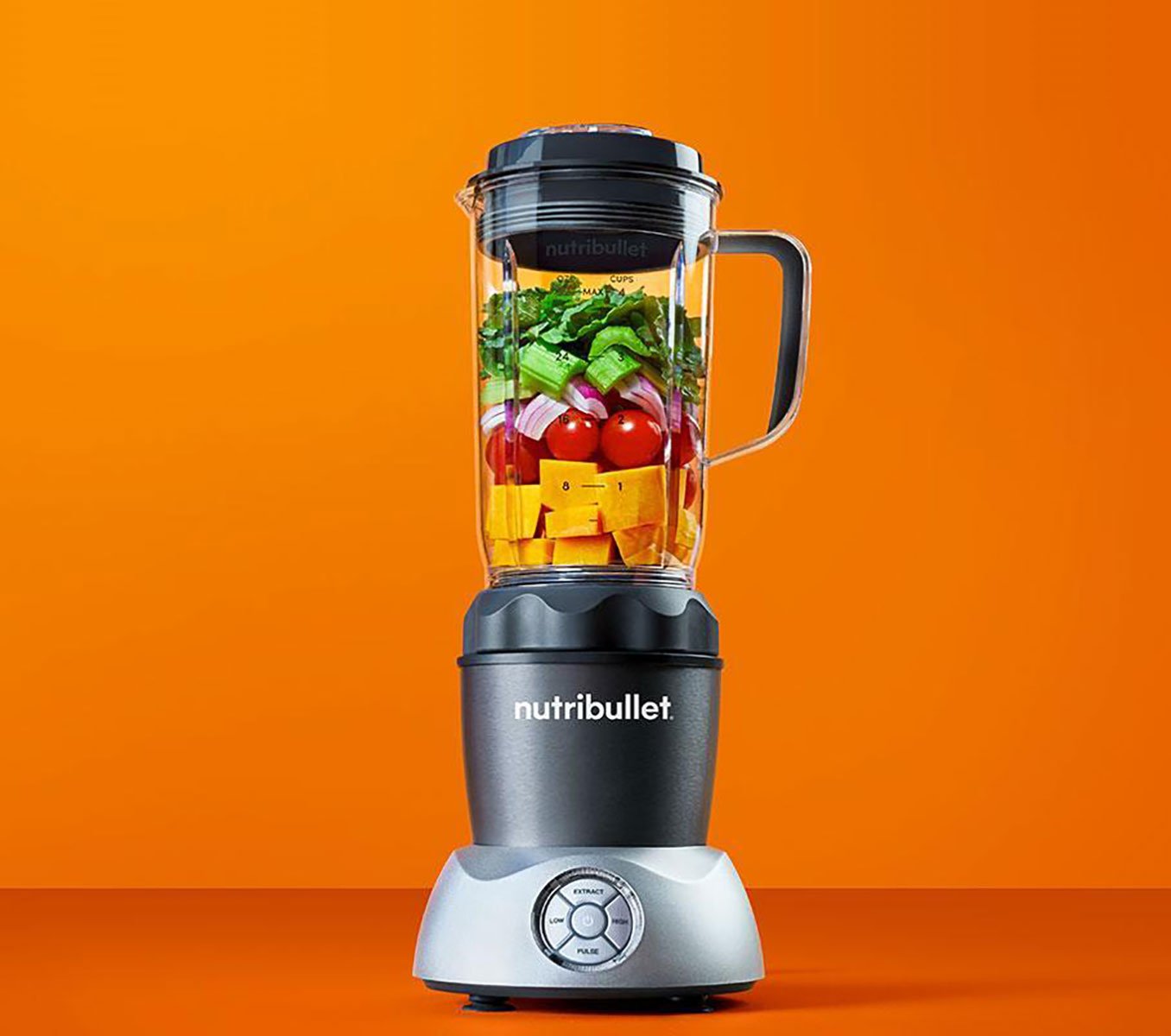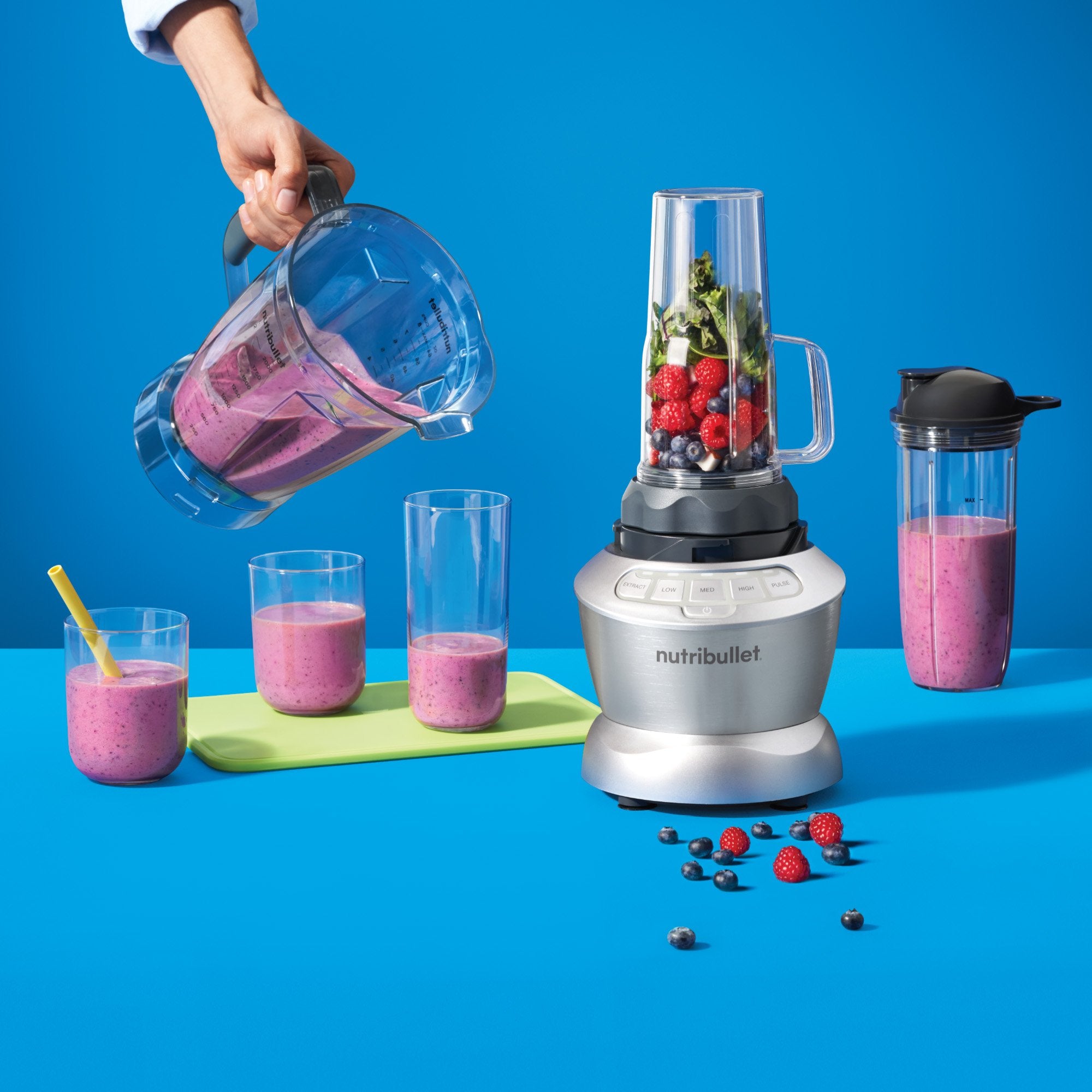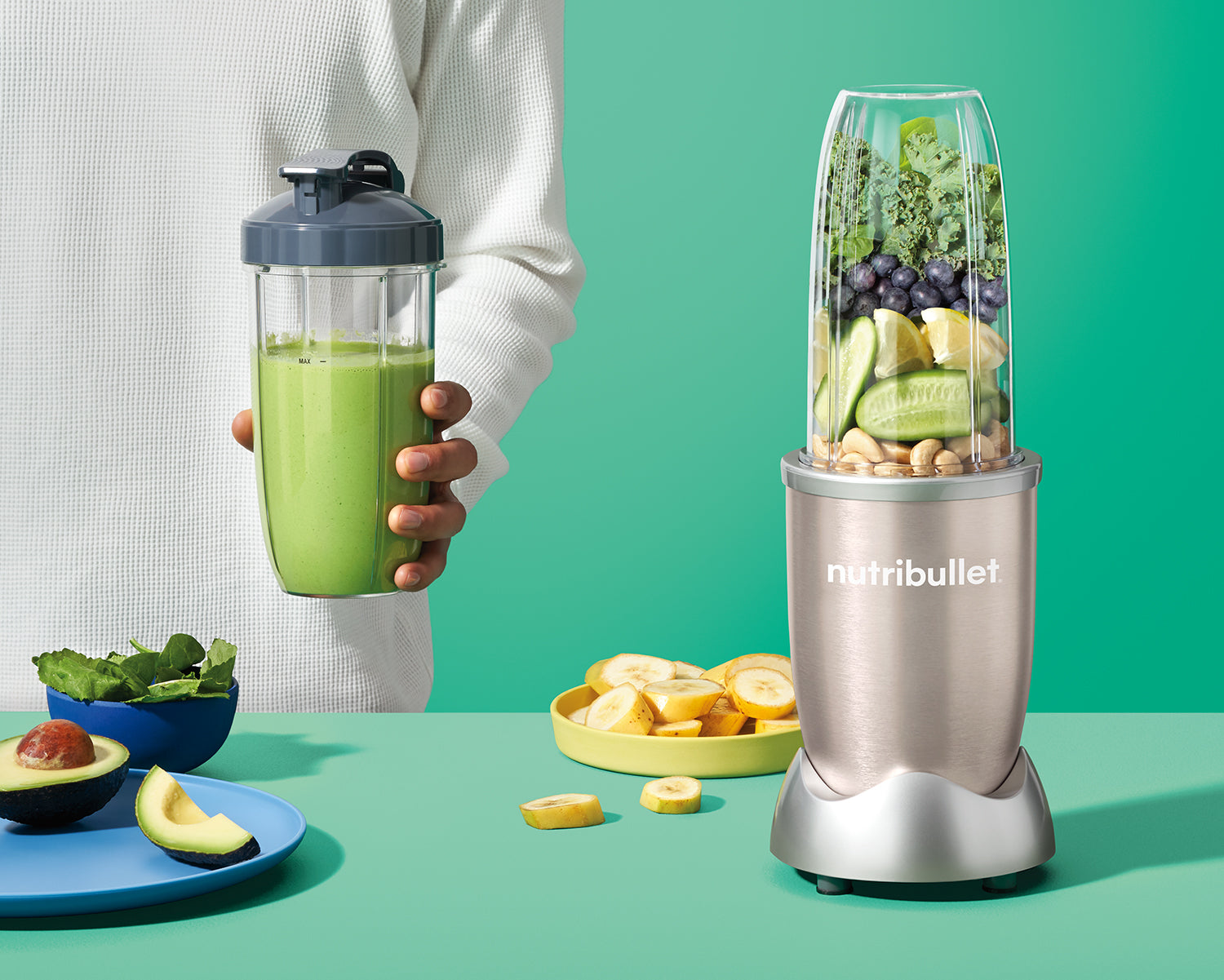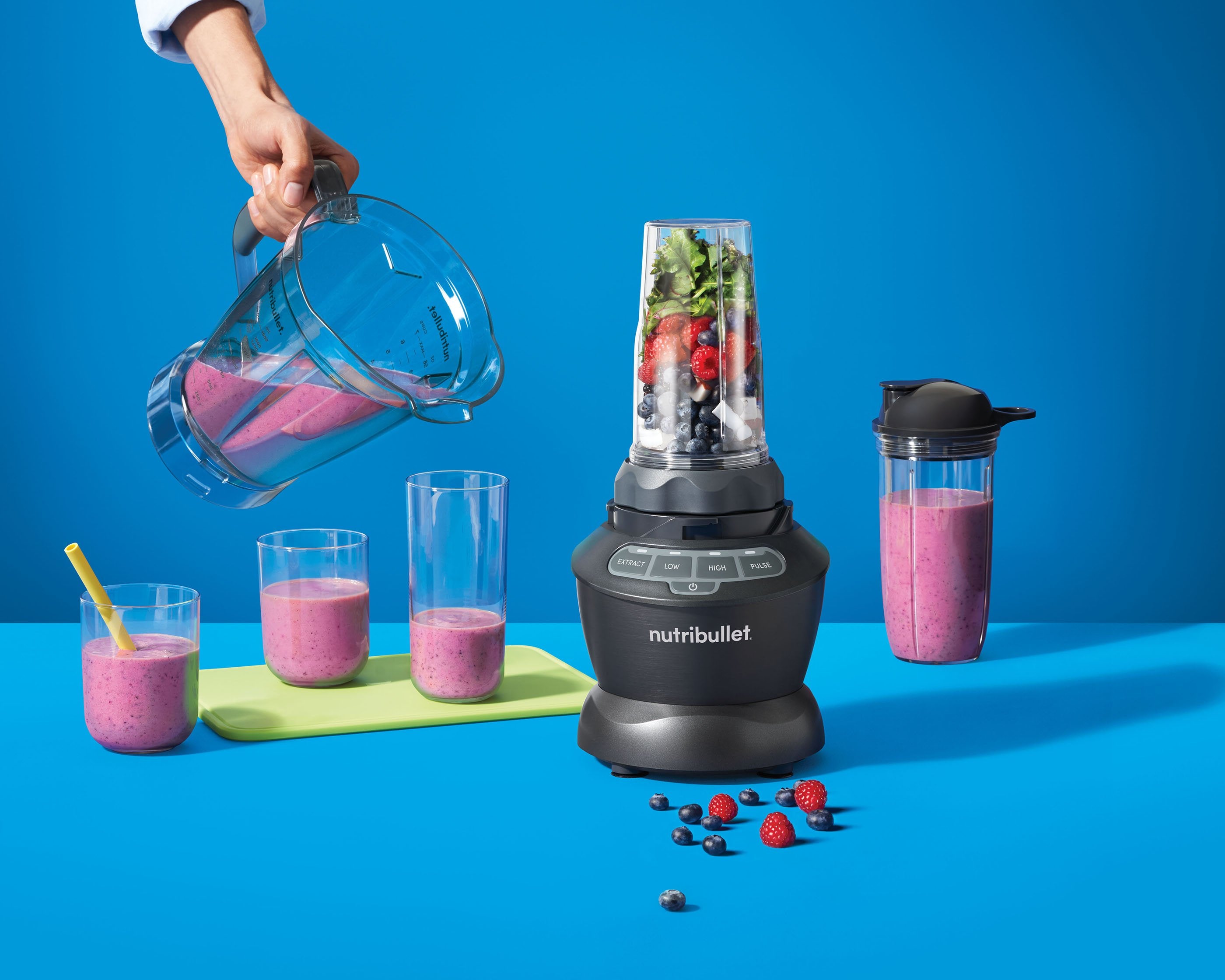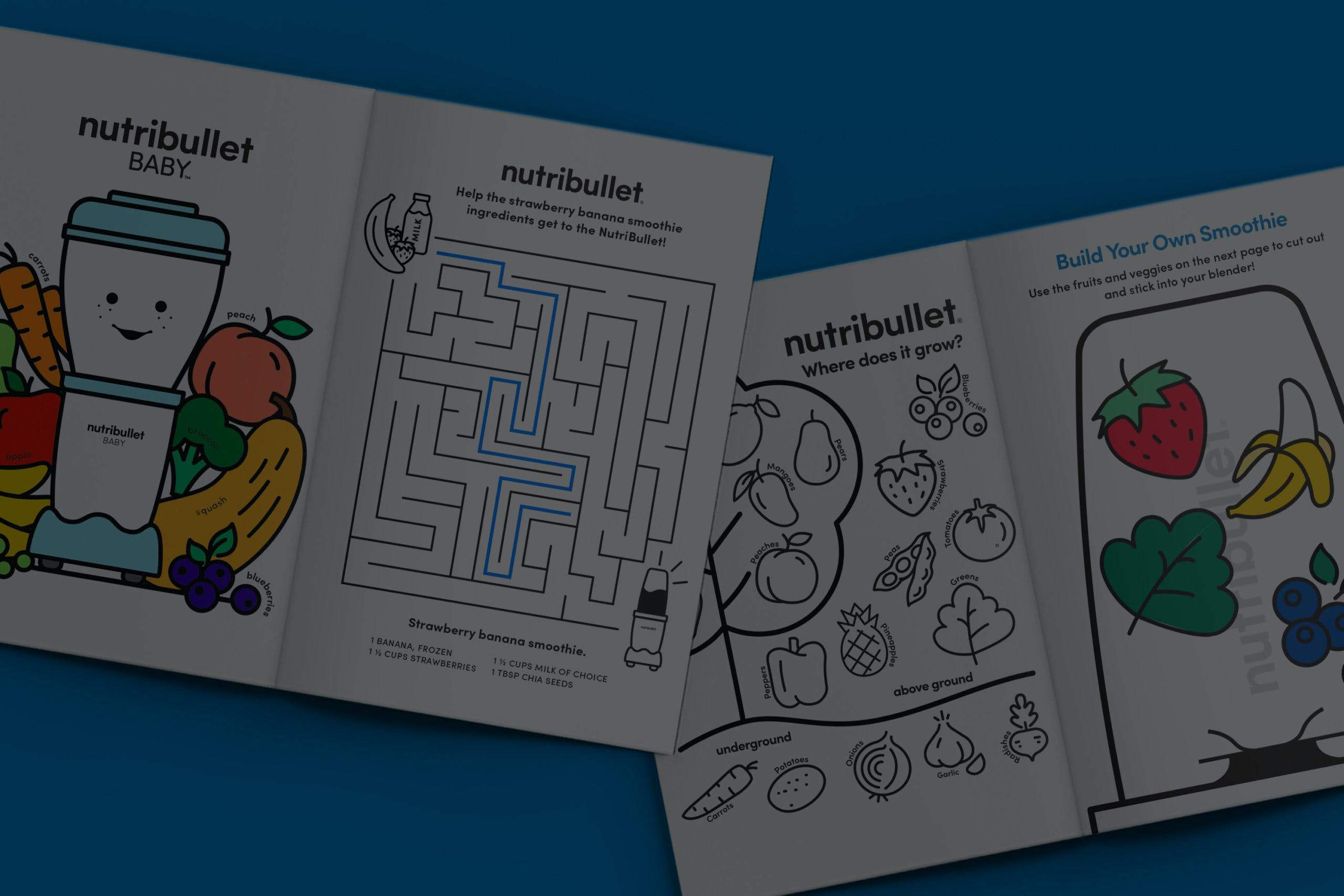Your jeans no longer fit! You decide that it’s time to set yourself some serious health and fitness goals. You know your BMI, your body type and your fat percentage. Your diet history and training schedule have all been taken into account as you begin the weight loss program. However, you notice that your best friend has slimmed down quicker on the identical eating and exercise plan. What’s going on here?
There is one huge factor that you might not have considered yet. Do your genes fit?
“Everyone will see some response when they go on a diet and become more physically active, but there is most certainly a difference in the strength of this response. Due to specific genetic variables, some people require major lifestyle changes and different types of training than others” explains Tuomas Kilpelainen of the Department of Medical Sciences at the University of Copenhagen.
While there’s no doubt that whole-grain quinoa, fish and vegetable lunch is far superior for your health and performance than a burger and chips are, this salad will still fuel one person differently from the next, based on the structure of their DNA.
How do we stay fit and healthy when there are factors that we cannot control? Here are three things you need to know about DNA and weight loss:
-
Understand your DNA.Your DNA is the recipe book and your genes are the individual recipes that determine the synthesis of the major player: proteins. These special proteins direct and drive every single process in your body, including how well your body responds to diet and exercise. Everyone’s DNA and genes are completely different as no two people possess the same DNA. Although genetic profiling is currently being applied to high-performance elite athletes, it’s just beginning to emerge as a tool for health-conscious individuals to help understand and utilize their genetic profile.
The fields of genomics and proteomics have exploded in the past few years. Genomics is the study of the entire set of genes found in living things. It has been extremely useful in profiling predisposition to serious illnesses. Proteomics is the large scale study of proteins and their structure and functions. Proteins are molecules that make life happen. If DNA is the blueprint for life, then proteins are the bricks.
-
Be open to trying different plans.
There are so many plans and information floating around, it’s no wonder we struggle to understand what is best for us. We try each new fad or scientific approach as it becomes popular. There’s no one size to fit us all, and one plan is certainly not going to be effective for everyone. Take for example the modern-day hype of the high protein, a high fat diet with low or zero carbohydrate. Certain genotypes of people who follow the very low carb diet will revert back to their old habits in less than eight weeks. Like most of us, they require carbohydrates in small amounts. And those with the AA variant of the FTO gene found that eating very small meals more frequently, rather than the standard three meals a day, can lead to weight loss. That’s because people with that variation of the FTO gene are at higher risk of obesity and produce the hunger hormone, ghrelin, very quickly.
-
Stay up to date with future developments!
How do we work out which nutritional and fitness plans are best for our genetic profile? Companies in this emerging field, such as FitnessGenes, DNAFit, and Nutrigenomix, gather information on genes that affect muscle mass, endurance, fat-burning ability, and metabolism, and often offer personalized diet and training plans based on their findings. This genetic testing is becoming increasingly available to us. “There is so much information out there about how to lose weight or get fit,” says Dan Reardon, the CEO and co-founder of FitnessGenes. To actually get the results you want, he continues, “You have to be able to know what will work for you.” Test results can be fascinating, but experts aren’t so sure that they’re all that useful — at least not yet.
Is the science there to make valid recommendations based on this type of test? Claude Bouchard, Ph.D., director of the human genomics laboratory at Pennington Biomedical Research Center in Baton Rouge, was unequivocal. “Not by a long shot. When it comes to these current genetic tests for fitness and performance, they have little predictive power, at this stage” he says. A group of 23 geneticists from around the world agreed with Bouchard in a consensus statement in the British Journal of Sports Medicine in September 2016.
The key takeaway: Although this field has grown tremendously in recent years, the science is still in its earliest stages and there needs to be more research before the test results are validated. While Reardon agrees that we’re in the early days of this field, he also believes that “developing personalized diet and exercise plans could well be one of the most important fitness revolutions of the 21st century.”
Until then, in order to fit back into your jeans, tailor your individual eating and exercise plan according to your schedule, energy levels, metabolism and body type. Genetic testing for fitness? We’re almost there!
Nutritional information
Recipe: Creamy Green Strawberry Dream Serving in this recipe:1
- Calories: 236.6
- Total Fat: 3.6 g 5.5%
- Saturated Fat: 0.4 g 1.9%
- Cholesterol: 0 mg 0%
- Sodium: 358.7 mg 14.9%
- Total Carbs: 45.7 g 15.2%
- Dietary Fiber: 9.9 g 39.4%
- Sugar: 22.1 g
- Protein: 8.1 g 16.2%
- Vitamin A: 481.9% Vitamin C: 244.1%
- Calcium: 68.5% Iron: 26.1%
* Percent Daily Values are based on a 2,000 calorie diet. Your daily values may be higher or lower depending on your calorie needs.


